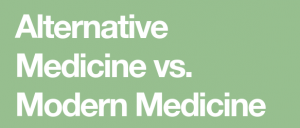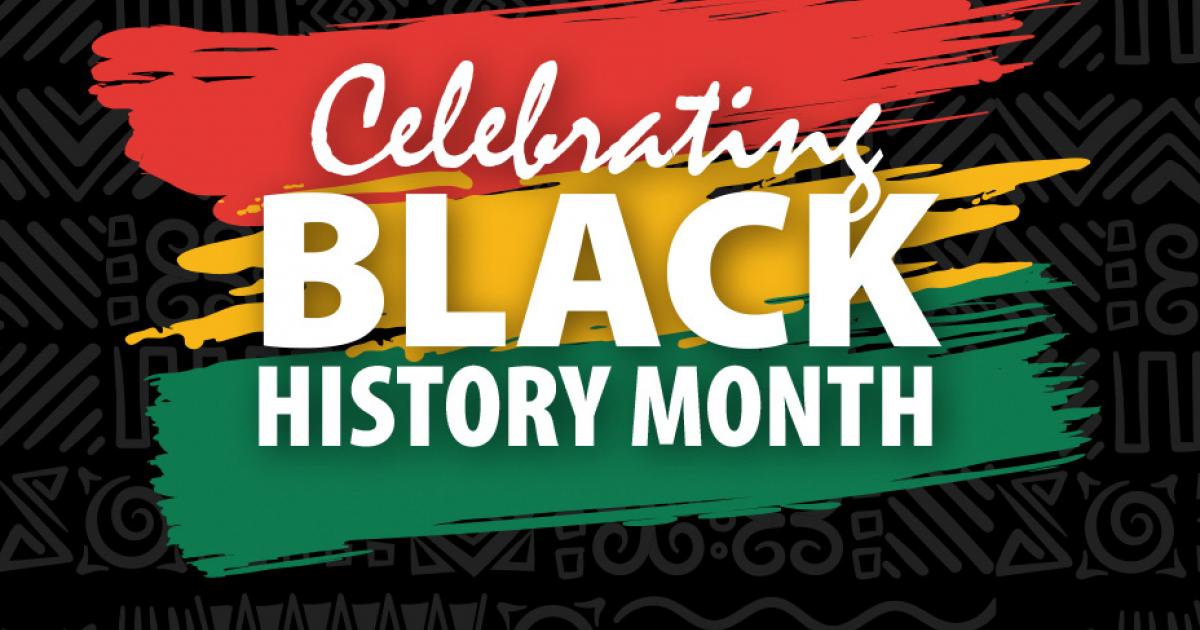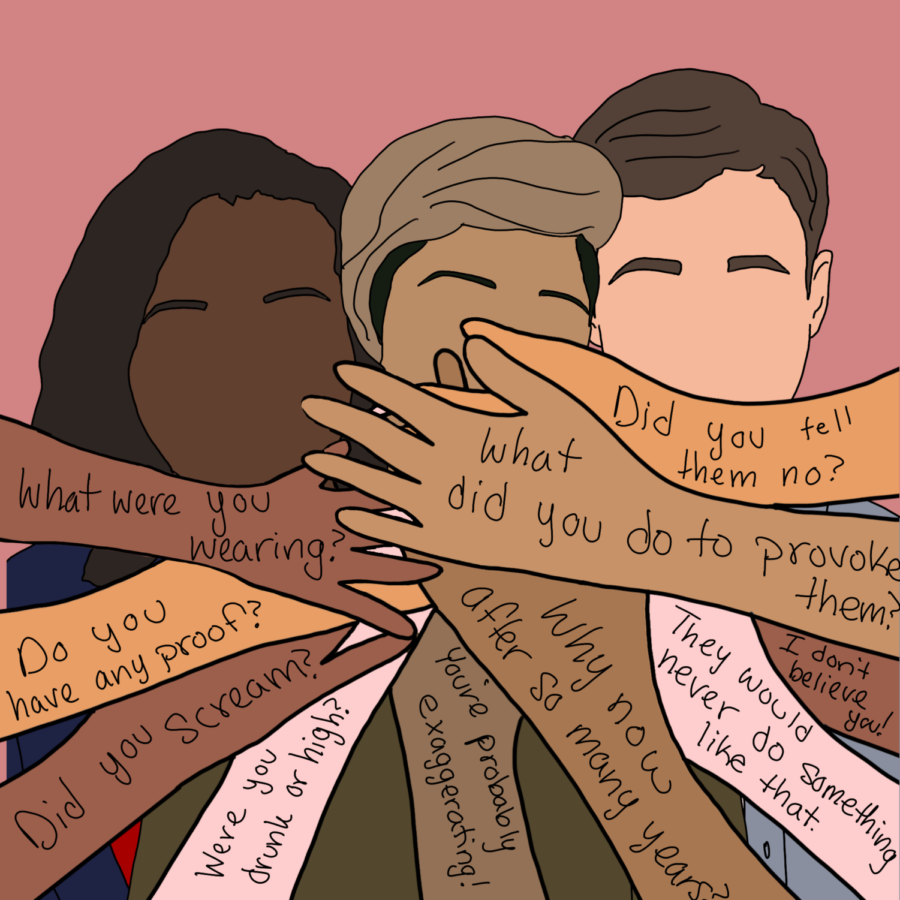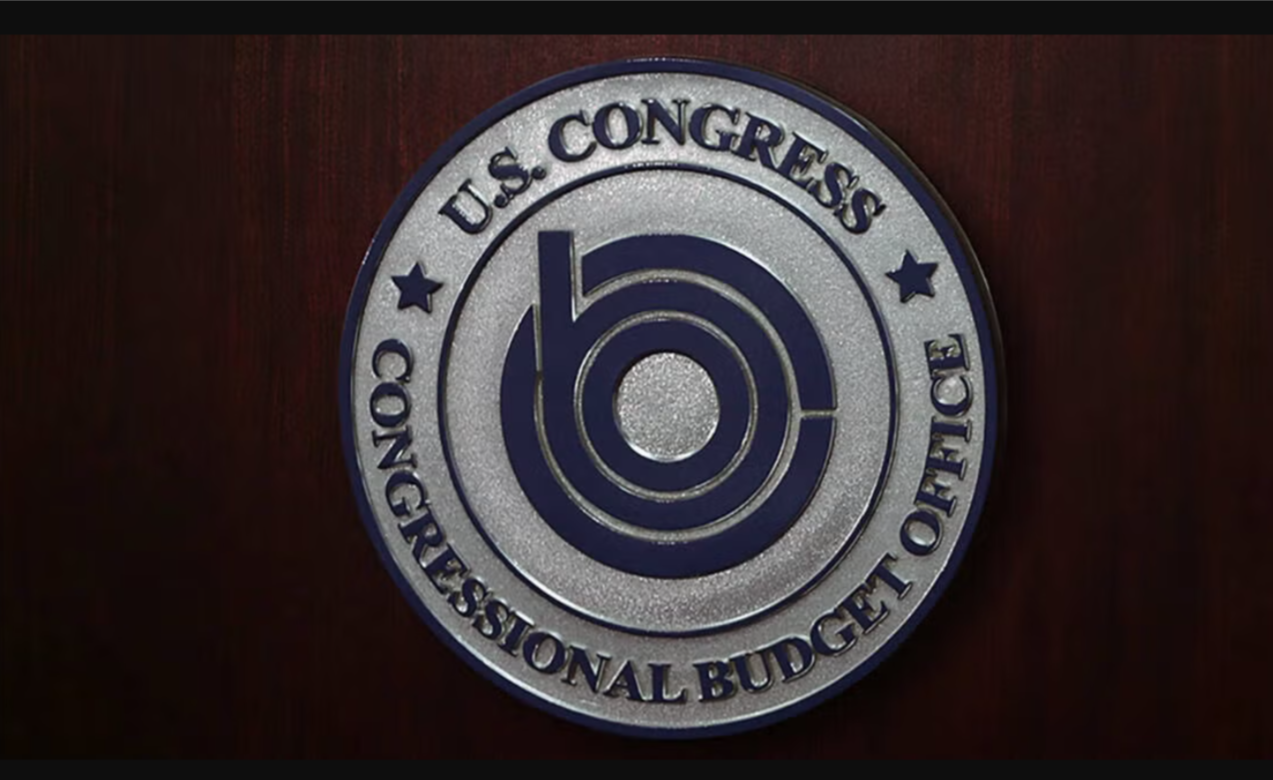(ThyBlackMan.com) The path one takes to maintain wellness and achieve what they deem optimal health is a personal decision and to some extent embedded in the great debate between spirituality and science. The type of care one seeks during times of illness will likely be guided by either beliefs or access. In regards to beliefs, a spirit-based person might pursue a holistic approach that intends to treat in its entirety, wholly- mind, body, and spirit without using standardized medication. Conversely, the science-centric person will place more trust in westernized care, which focuses on the pathology and curing of the disease. Therefore, the differences between both types of medicine rests in their distinct approaches to health care.
Healthfulness in Black America
Every year, African-Americans die from chronic health issues at disproportionate rates to that of Whites, Hispanics, and Asians. Thus, wellness in Black America cannot be addressed without simultaneously highlighting the racial bias that exists within the American health care system. Furthermore, relegating health and wellness to simply diet and exercise does not encompass the myriad of other components that must also be considered. Presumably, the majority of African-Americans believe that a well-balanced diet and adhering to certain lifestyle choices will ensure their health. What is often negated within African-American communities, however, are the other health related factors that can affect wellness, such as adhering to recommended water intake, abstaining from nicotine, stress reduction, and exercise. Important to also note is that there are beliefs, longstanding traditions, values, and economic issues attached to the extent to which African-Americans are proactive with their health and their decision to seek care, when necessary. They may, instead, prefer to seek out herbal remedies like kratom, where they are able to source it themselves as well as learn the correct dosage for pain relief, for example, so that they do not have to visit a professional. It is critical for health professionals to be aware of this and other existing disparities as they create health/treatment plans for their patient’s.
simultaneously highlighting the racial bias that exists within the American health care system. Furthermore, relegating health and wellness to simply diet and exercise does not encompass the myriad of other components that must also be considered. Presumably, the majority of African-Americans believe that a well-balanced diet and adhering to certain lifestyle choices will ensure their health. What is often negated within African-American communities, however, are the other health related factors that can affect wellness, such as adhering to recommended water intake, abstaining from nicotine, stress reduction, and exercise. Important to also note is that there are beliefs, longstanding traditions, values, and economic issues attached to the extent to which African-Americans are proactive with their health and their decision to seek care, when necessary. They may, instead, prefer to seek out herbal remedies like kratom, where they are able to source it themselves as well as learn the correct dosage for pain relief, for example, so that they do not have to visit a professional. It is critical for health professionals to be aware of this and other existing disparities as they create health/treatment plans for their patient’s.
Merging of the Medicines
If performed in harmony, both Alternative medicine and Modern medicine have the potential to affect great change for all populations. Collaborative efforts would allow for both types of practitioners to be able to look at what the individual’s contribution might have been to the development of the disease (Alternative medicine) meanwhile utilizing advancements in modern technology to target the disease and promote rapid healing (Modern medicine). Thankfully, this seems to be the direction in which health care is headed. With many medical school programs now offering courses in Alternative medicine, this eventual pairing doesn’t seem too far off. However, until this occurs, there are some steps that Modern medicine practitioners can begin to incorporate into patient treatment plans, such as detailed exercise plans, dietary and supplement additions and changes, meditation/acupuncture ideas, etc. It is just as vital for Alternative medicine practitioners to be able to decipher between which illnesses may be able to be managed without the use of prescription medication and which may not.
As a public health worker, I have been trained to examine illnesses through many different lenses. I have also been trained to explore how differing factors have the potential to play a role in the eventual development of an illness. I believe that these tools allow health professionals to meet the needs of their patients in the most efficacious and efficient of ways. Although I personally lean towards subscribing to the Holistic medicine approach, I appreciate the value in and need for Modern medicine and have certainly taken advantage of its benefits.
Ultimately, there isn’t a right or wrong approach to take in navigating health care options. The decision can and should be left up to the patient and it’s incumbent that their decision is supported by all health care practitioners. Allowing patient’s these rights and responsibilities, provides them with opportunities to experience feelings of self-efficacy in not only being able to cope with their illness but also create lasting health related changes.
Staff Writer; Mehrete Girmay, Ph.D.
One may also connect with via LinkedIn; Dr. Mehrete.

















Dr. Mimi way to go!